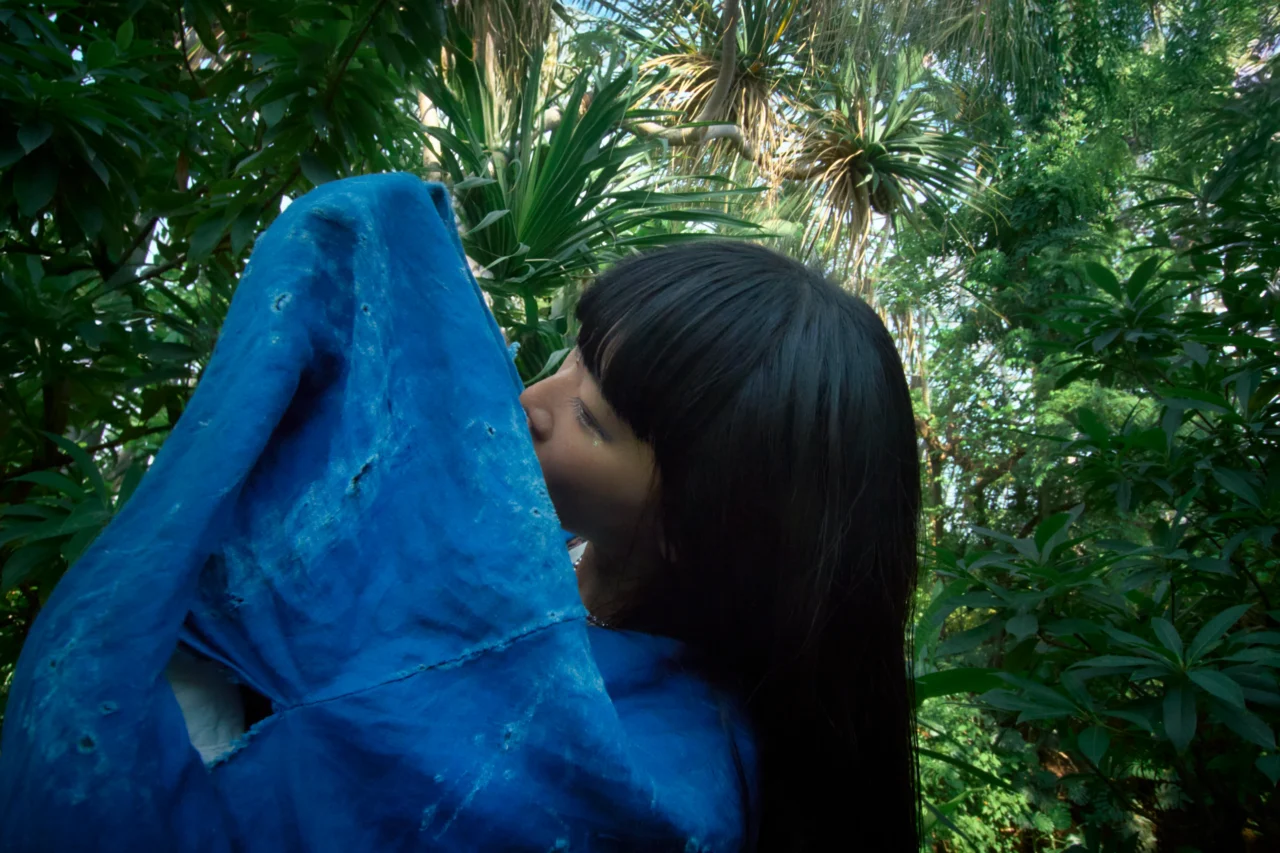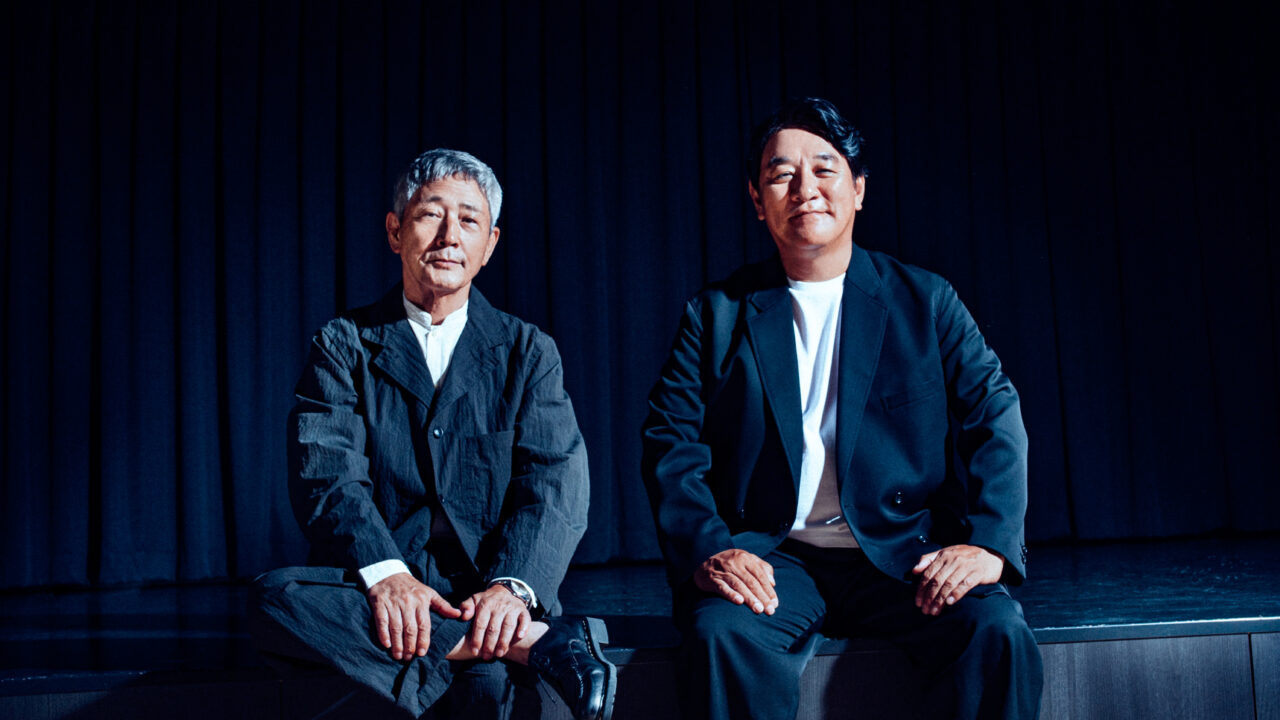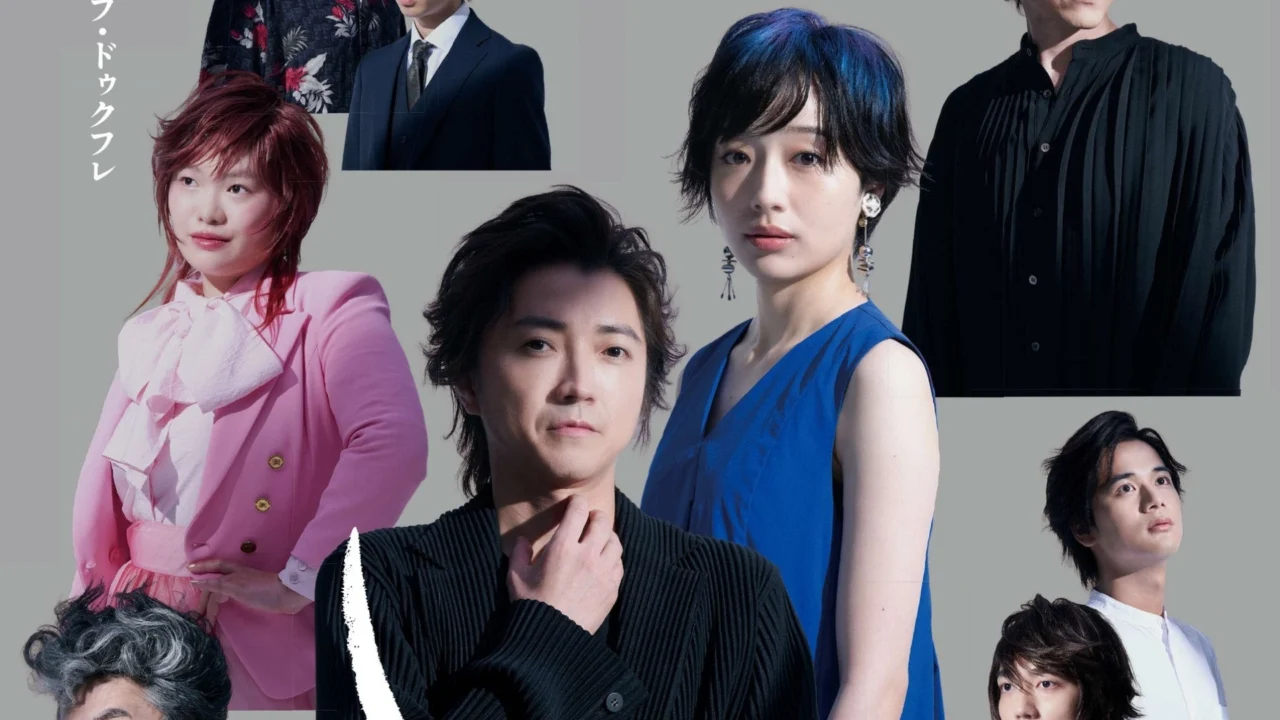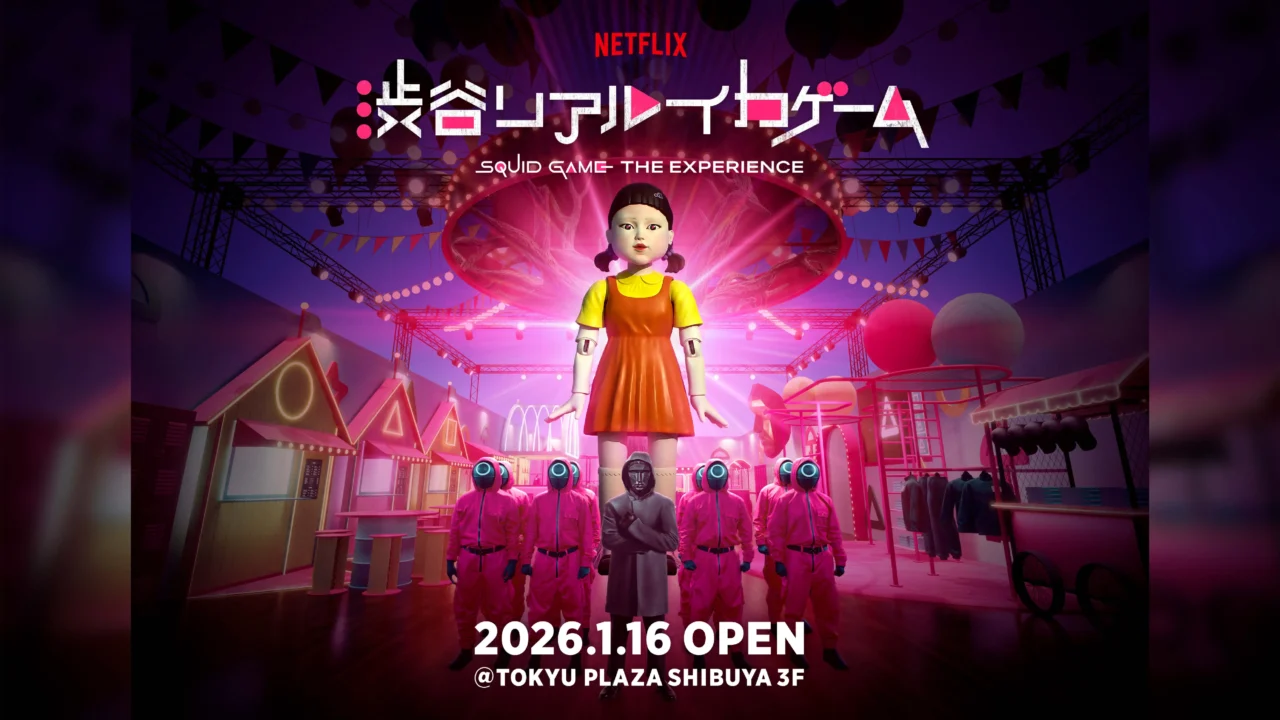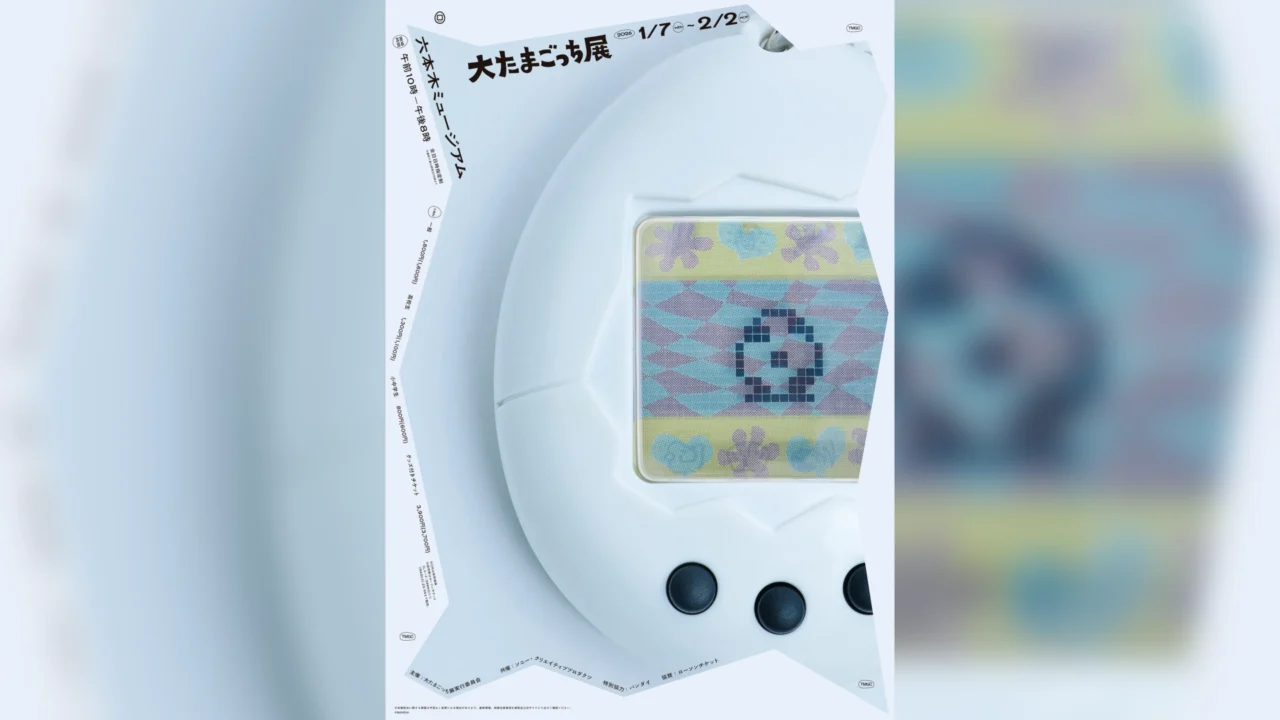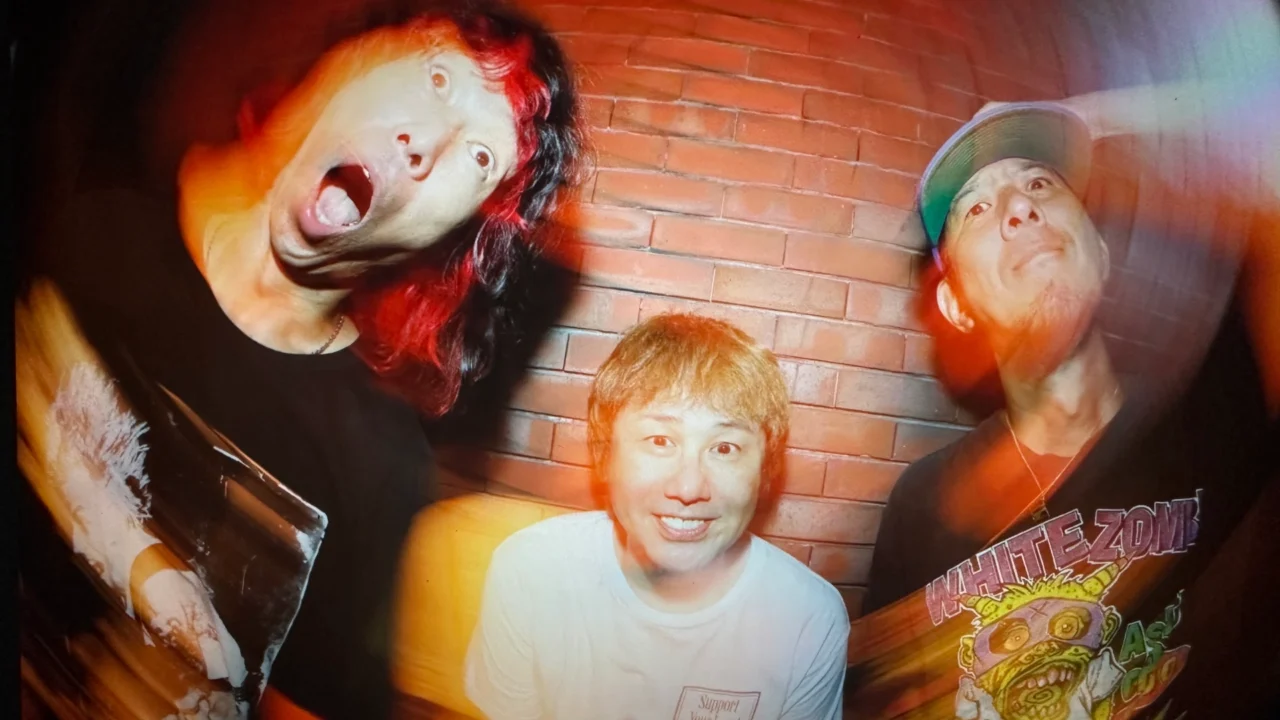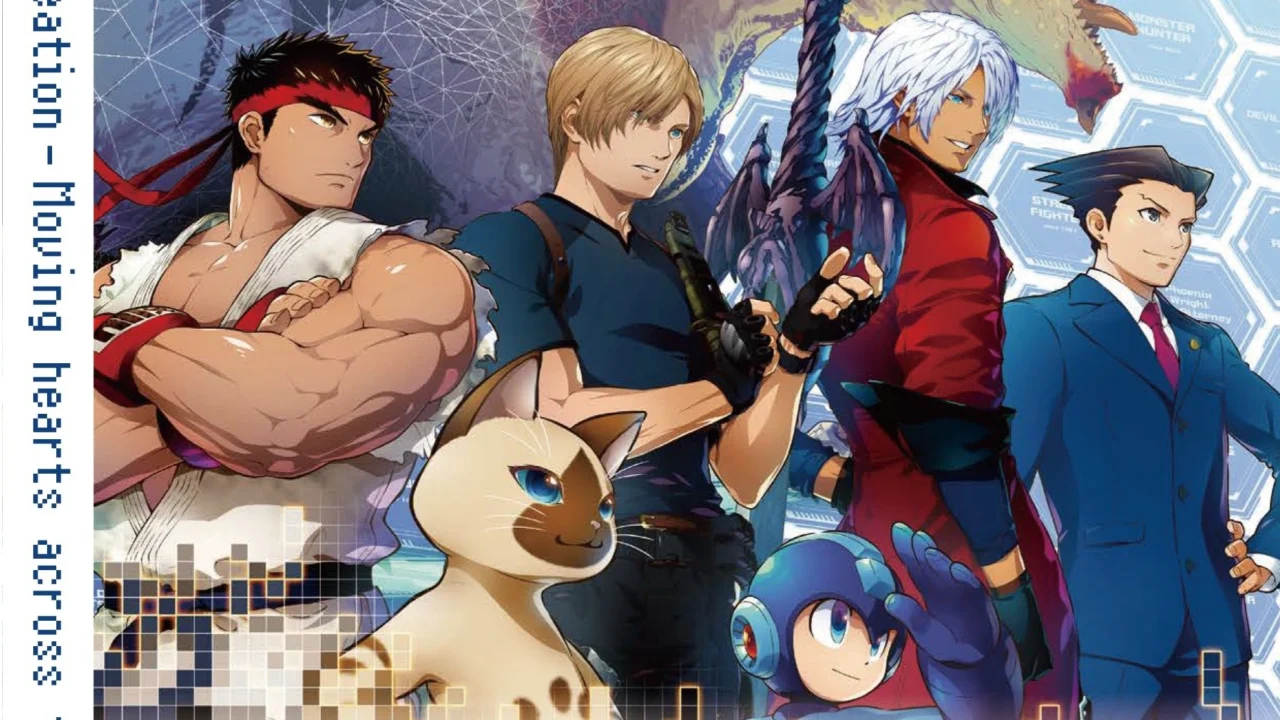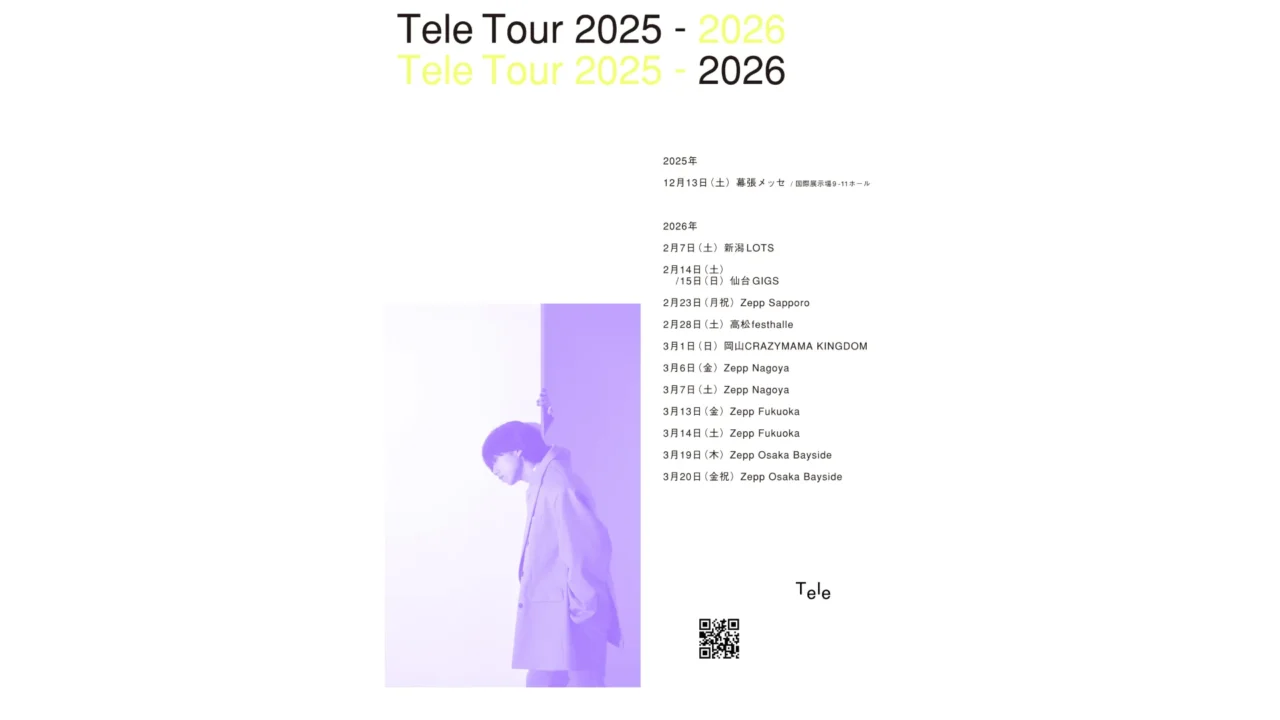Film director Yoko Yamanaka gained widespread attention with ‘Amiko’ (2017), a film that even the late Ryuichi Sakamoto praised highly. Another person captivated by her talent is actress Yuumi Kawai, known for her roles in the drama ‘Extremely Inappropriate!’ and films like ‘A Girl Named Ann’ and ‘Look Back.’
During high school, Kawai watched ‘Amiko’ and has mentioned in many interviews that she personally handed a fan letter to Director Yamanaka. This deep admiration has culminated in their collaboration on ‘Desert of Namibia,’ set to release on September 6, 2024. In the film, Kawai plays Kana, a character who betrays her loving partner and drifts through her job with apathy. We spoke with the director about the emotional journey and the process of weaving Kana’s complex story.
INDEX
A Single Letter Sparks It All: The Connection with Lead Actress Yuumi Kawai
Yumi Kawai, the film’s lead actress, made a heartfelt promise during her high school years after watching ‘Amiko’: She wanted to be part of Director Yamanaka’s future projects.
Yamanaka: At a screening in PolePole Higashi Nakano, I received a handwritten letter from her. It declared, ‘I will become an actress. Please keep me in mind for your casting list someday.'”
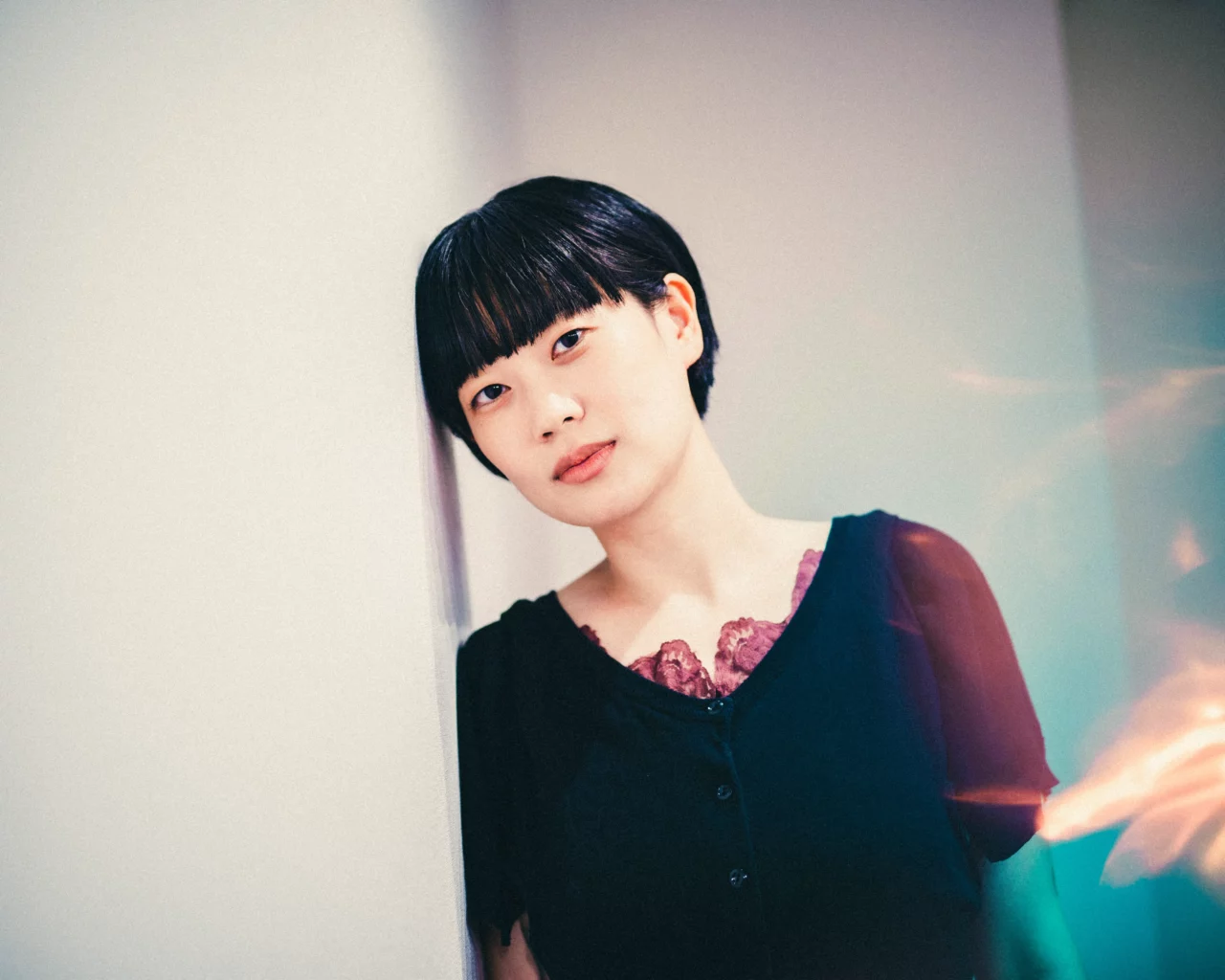
Born in 1997, from Nagano. She dropped out of Nihon University College of Art. Her debut film, ‘Amiko,’ made on a self-taught basis, was selected for the PFF Award 2017. The following year, at the age of 20, she was invited to the 68th Berlin International Film Festival, becoming the youngest ever director invited to the festival and setting a new record for the youngest feature film director at the festival. When ‘Amiko’ was screened at PolePole Higashi Nakano, it set a record for late-night show attendance. Her first full-length feature, ‘Desert of Namibia,’ was featured in the Directors’ Fortnight at the 77th Cannes Film Festival, where she won the International Federation of Film Critics Prize, becoming the youngest female director to receive the award.
And then, Yuumi Kawai has truly emerged as a prominent actress. How did this encounter lead to the current project?
Yamanaka: Initially, about three years ago, there was a completely different project based on an existing work. After reading the original, I felt that the protagonist would be a perfect fit for Yuumi Kawai, so I extended an offer. I spent roughly a year and a half developing that script, but when it came time to prepare for filming, I hit a wall and ended up escaping to India.
There, I realized that I couldn’t complete the project in my current state and asked to step down. The producer then suggested, “Since Yuumi has been waiting, why not create something original and do it your way?” That’s how the project underwent a sudden change.
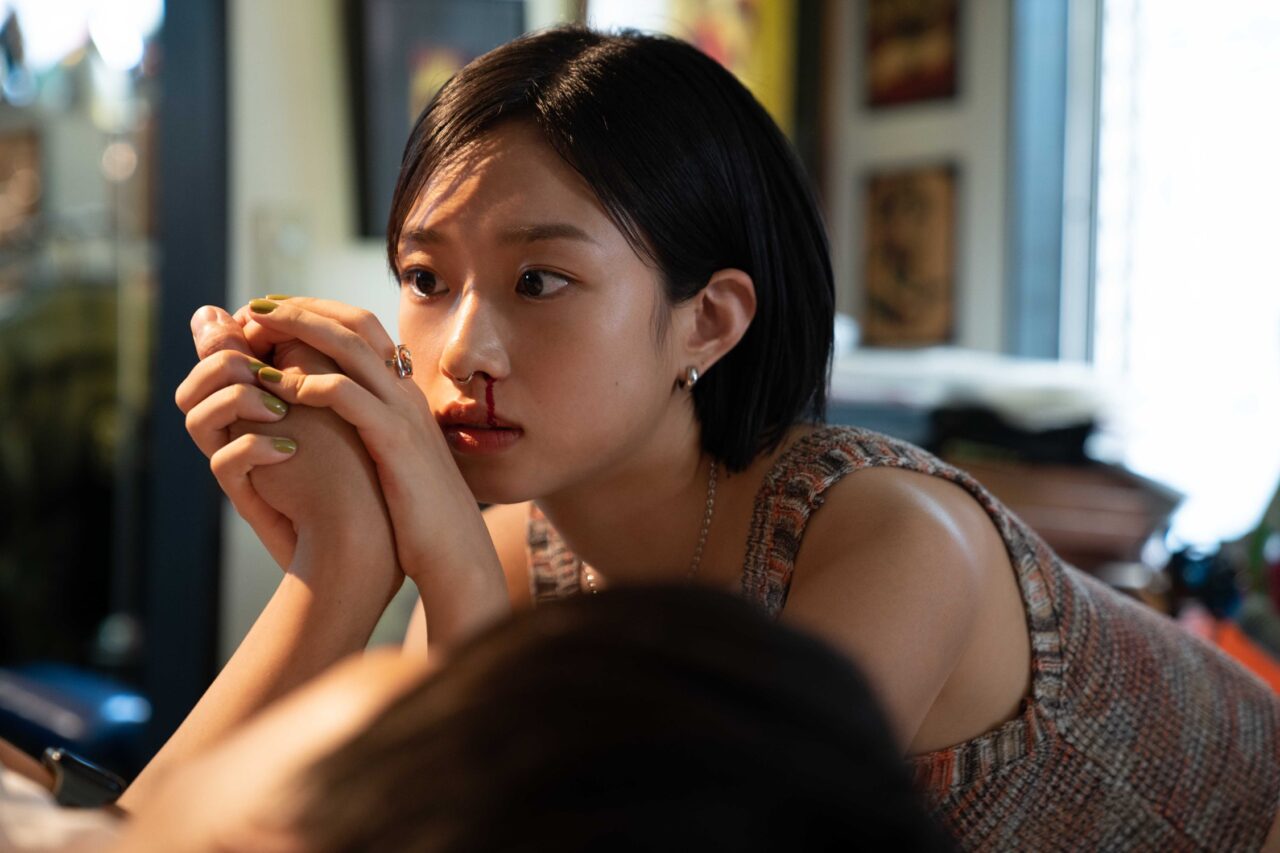
So initially, the project was based on existing material, and since it seemed like a good match with Yuumi Kawai, we moved in that direction.
Yamanaka: That’s right. However, about four years ago, I heard through a contact that ‘Yuumi is interested in working together.’ It had been about two years since ‘Amiko,’ and by then I had seen more of Yuumi’s work. I was thrilled to learn that what she wrote in that letter was genuine, and I hoped to find an opportunity to collaborate someday.
When the project shifted from an adaptation to an original work, how did you develop the script?
Yamanaka: First, I considered what kind of Yuumi Kawai I wanted to see. The image of the protagonist that emerged was someone irresponsible and self-centered, yet somehow endearing.
From there, I listed my favorite films, themes of interest, and the rough concept of two male characters, and identified elements that could come together to form a complete film. I came up with the phrase “From Escape to Struggle.” Although it wasn’t yet in a script-ready state, the conceptual map was expanding, and I began to feel that it was achievable.
Synopsis: At 21, Kana (Yuumi Kawai) feels no passion for anything, even viewing romantic relationships as mere distractions. Her live-in partner, Honda (Kanichiro), tries to please her by taking on household chores and being devoted, but as Kana becomes more involved with the self-assured creator Hayashi (Daichi Kaneko), she begins to view Honda’s presence as a burden.”
INDEX
Embedded in the Title: Our Deceptive Gaze from the Safety of Our Comfort Zone
Why was ‘Desert of Namibia’ chosen as the title?
Yamanaka: While turning the conceptual map into a script, there were moments when Kana’s character, as portrayed by Yuumi Kawai, wasn’t fully coming into focus. I found myself pondering what Kana did alone at home, despite always being with others. This led me to recall the live footage of the Namibian desert that I had watched on YouTube during that time.
Yamanaka: While researching, I discovered that the water troughs shown in the footage are actually artificial. The channel is run by a national park, and to put it bluntly, it seemed like they were luring animals to show them to us.
Namibia is said to be home to the world’s oldest desert, and its name reportedly means ‘nothingness.’ I was astonished to find such overt artificial intervention there. While it’s positive that the channel’s revenue benefits the land and wildlife, it also means that we, as viewers, can comfortably and safely watch from a distance, feeling reassured. This dissonance in our perception seemed to reflect societal deception, which I felt matched well with the themes of this work.
A mismatch in perspective?
Yamanaka: Kana treats close friends and partners roughly, but she listens more attentively to somewhat distant acquaintances or advice from a doctor. I think this is a universal trait. People often find it hard to accept what their parents say but are more inclined to listen to advice from strangers.
This sense of distance from others seems similar to how we might get lost in the soothing effect of watching a stream of the Namibian desert, ignoring what’s outside the frame. Perhaps it’s precisely because of this detachment that we can indulge in thoughts about distant things. But this is just my personal interpretation, and I hope viewers will enjoy it in their own way.
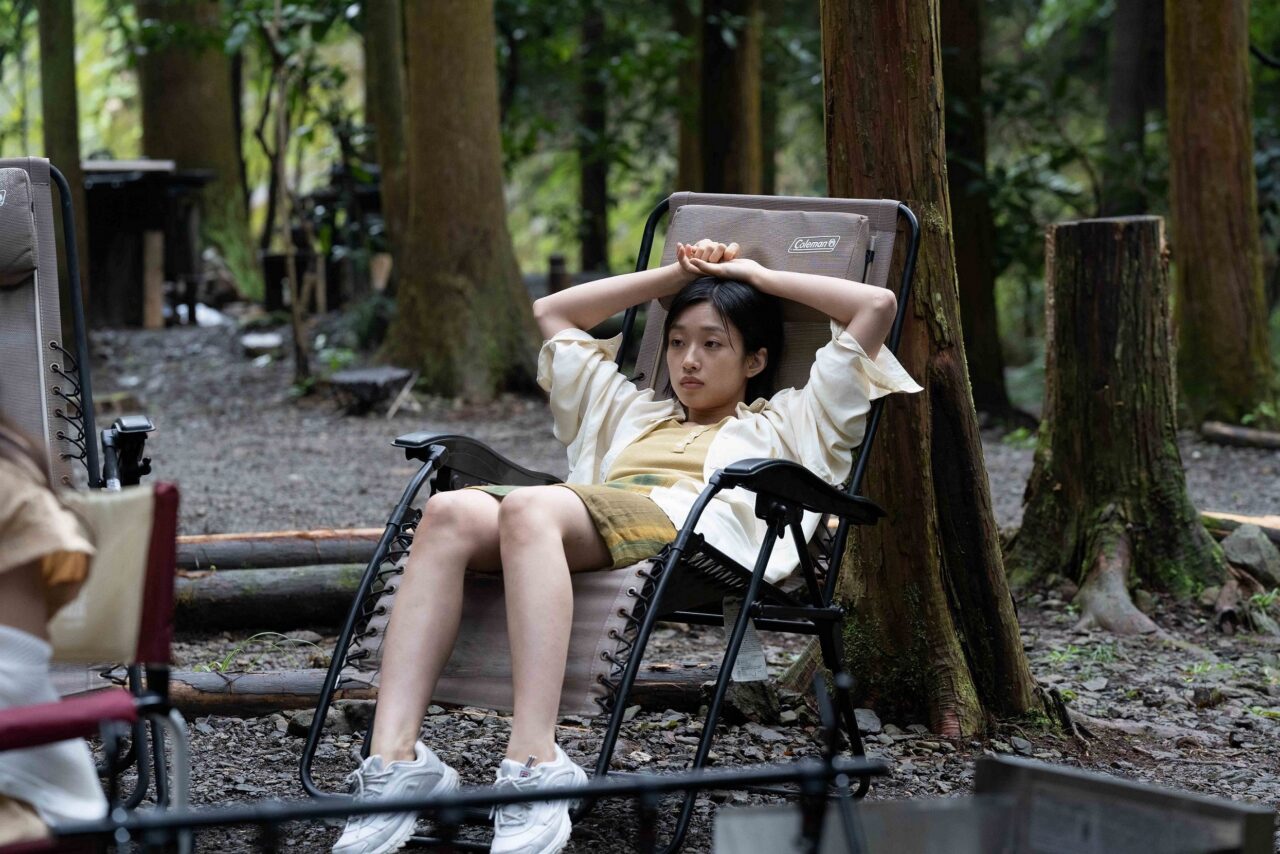
The character Kana is full of vitality and energy, and the title also contributes to her having an almost animalistic charm.
Yamanaka: Despite being worn out by the world, her emotions are overflowing. I love Kana as well.
INDEX
Character Roles and Humming Tunes: How Versatility Added Flavor to the Work
While Kana neglects friends and lovers, she listens to the words of neighbors, showing that the characters are not simply defined. For example, Hayashi (Daichi Kaneko), who seems to clash frequently with Kana, also has the aspect of someone who never abandons her.
Yamanaka: From the moment each character was cast, I adjusted the dialogue and manner of speaking to fit the actors. This created some shifts in fixed perceptions of the roles. Hayashi could have been portrayed as a more unpleasant character, and at times, the script suggested that reading. However, through rehearsals with Kaneko, the dialogue evolved daily, reflecting his personality. Meeting Kaneko and thinking ‘What an interesting person’ led me to revise the script accordingly, so I believe his own qualities influenced the character.
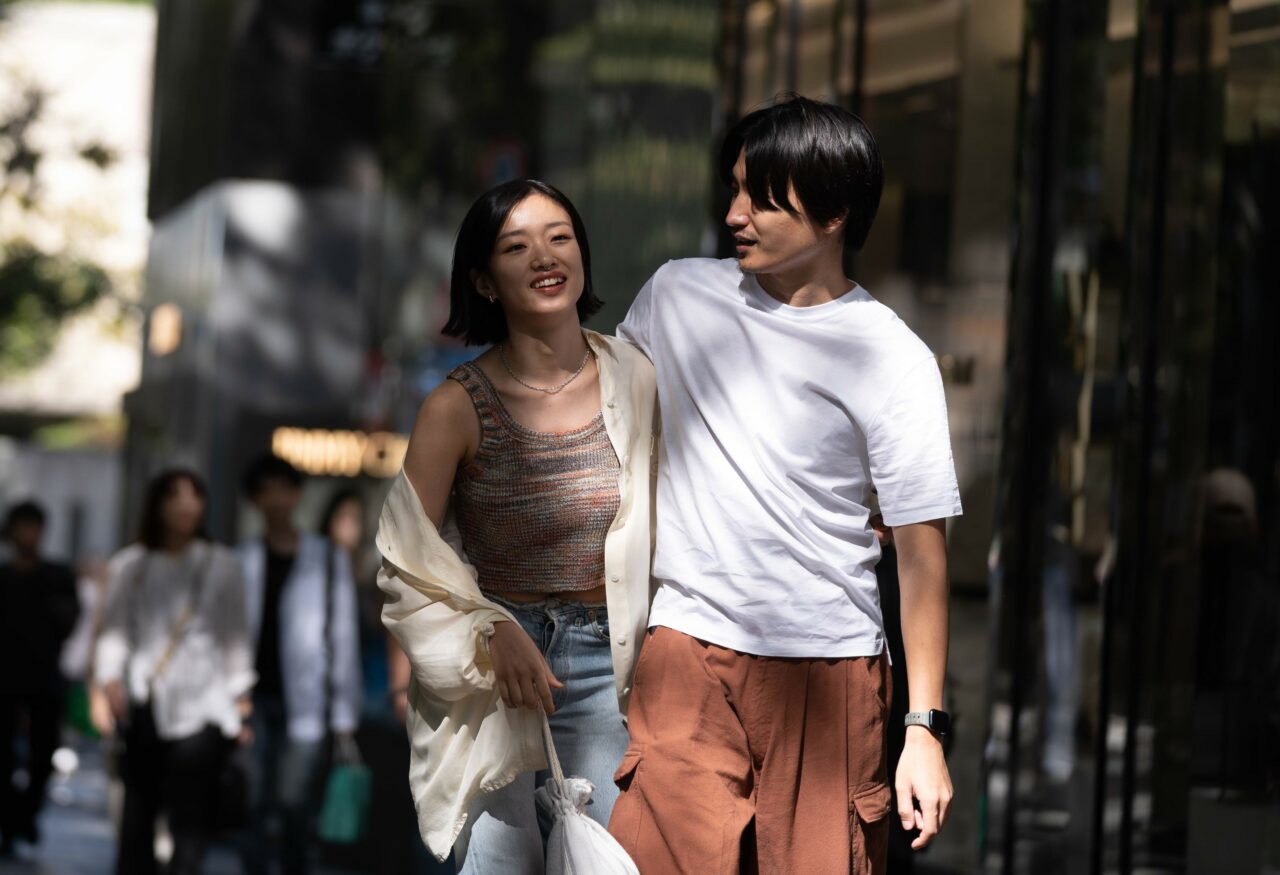
The script evolved due to the influence of the actors’ performances.
Yamanaka: This time, unlike before, I didn’t want to confine the actors to a rigid framework that I had predetermined. I found that approach to filmmaking had become less enjoyable, so I wanted to better utilize the inherent qualities of the actors themselves.
That’s why everyone seemed to fit their roles so well. Did Yuumi Kawai’s portrayal change through rehearsals and filming?
Yamanaka: Kana is an ordinary person to me, but she’s a character who might be difficult for some to understand, so I was initially concerned whether Yuumi Kawai would be able to convey her. I also wanted to write something different from the roles Yuumi had previously played. Although I wrote the role with her in mind, I wasn’t sure how well she would fit.
However, from the very first read-through, her delivery felt like ‘This is exactly Kana!’ I was amazed, and that sense of amazement continued throughout the filming. I tend to want the dialogue delivered as written, but Yuumi’s portrayal of Kana, including her voice modulation and gestures, exceeded my expectations. It felt like we were capturing something beyond what I had originally imagined.
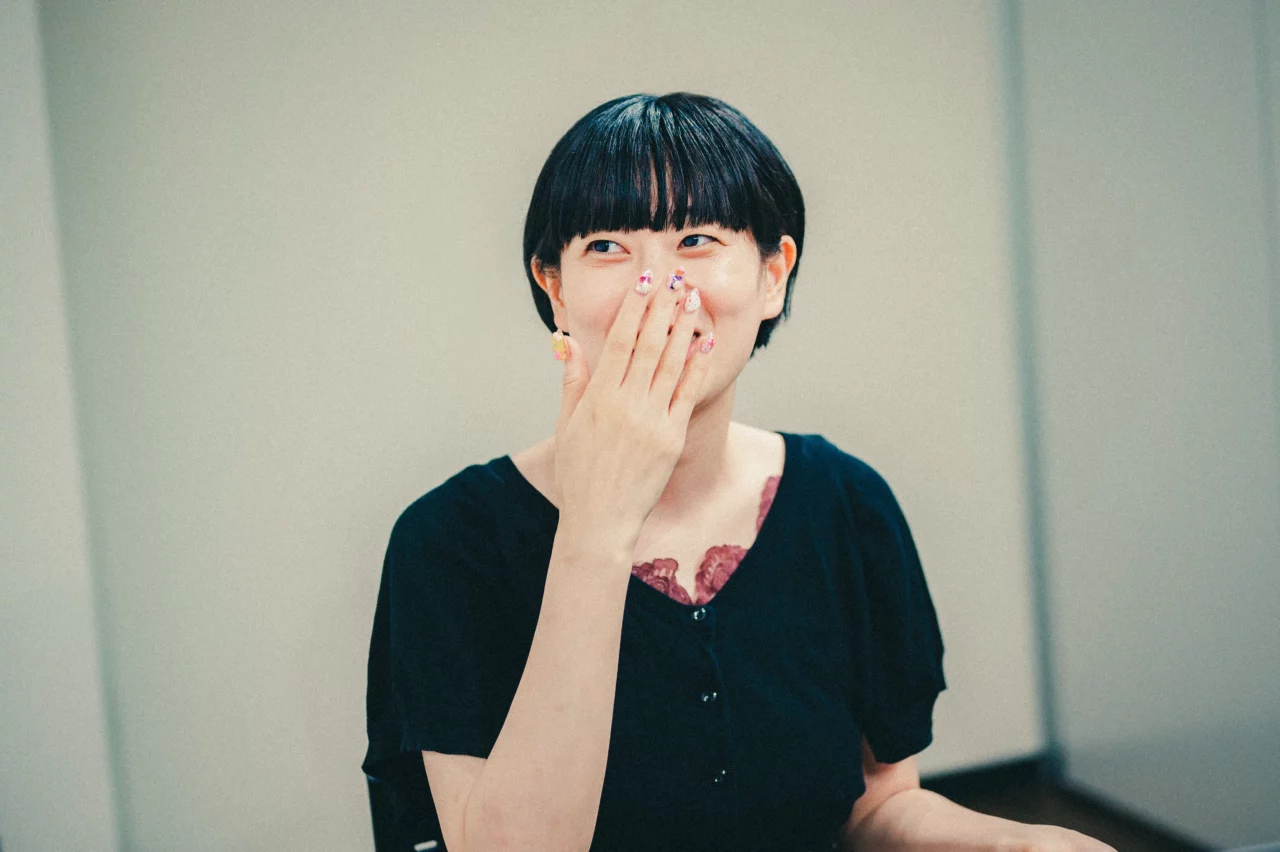
In the scene where Kana and her neighbor Hikari Toyama (Erika Karata) have a campfire together, the song ‘Camp da Hoi’ is heard, which was quite striking. Was that included in the script?
Yamanaka: Actually, there’s a very miraculous story about that. Before filming, we had a chance to check the setup for the campfire, and at that time, one of the art staff started humming ‘Camp da Hoi.’ I didn’t know the song and asked, ‘What’s that? Isn’t it ‘Maïm Maïm’?’ Half of the staff present knew the song, and half didn’t. So, the staff who knew it ended up singing it together.
Yamanaka: As I listened to it while sitting by the fire, I found the lyrics to be really great and felt that it perfectly captured the scene and the relationship between the two characters. I immediately thought, ‘I absolutely want to use this!’ After the shoot, I asked Yuumi Kawai and Erika Karata to memorize the song on the spot, and we used their very first take. Since it was their first time singing it, their voices were a bit unsteady, but remarkably, it fit the scene perfectly. When I saw the rushes, I was moved to tears by that scene.
INDEX
Confronting True Feelings Amidst Information Overload: A Director in Her 20s
In the first half, we see Kana as a free-spirited and somewhat self-centered character, but she starts to experience mental turmoil as the story progresses. It might seem like a film addressing mental health issues…
Yamanaka: Kana isn’t explicitly written as having a mental health disorder. The doctor played by Ayumu Nakajima doesn’t provide a clear diagnosis either. I set Kana’s age at 21 to explore the dissonance between her feelings and behavior at that age. However, while I can recall my own experiences from that time, I find it difficult to understand what younger people today are thinking, as I’m now in my late twenties. So, I spoke with younger staff and Yuumi Kawai to gather their perspectives.
It seemed to me that, compared to my own experiences, younger people today seem to live with a sense of resignation. They’ve grown up during a prolonged recession and view having dreams or goals as a privilege, with a strong sense of ‘There’s no point in trying hard.’ This sentiment came across strongly in our conversations.
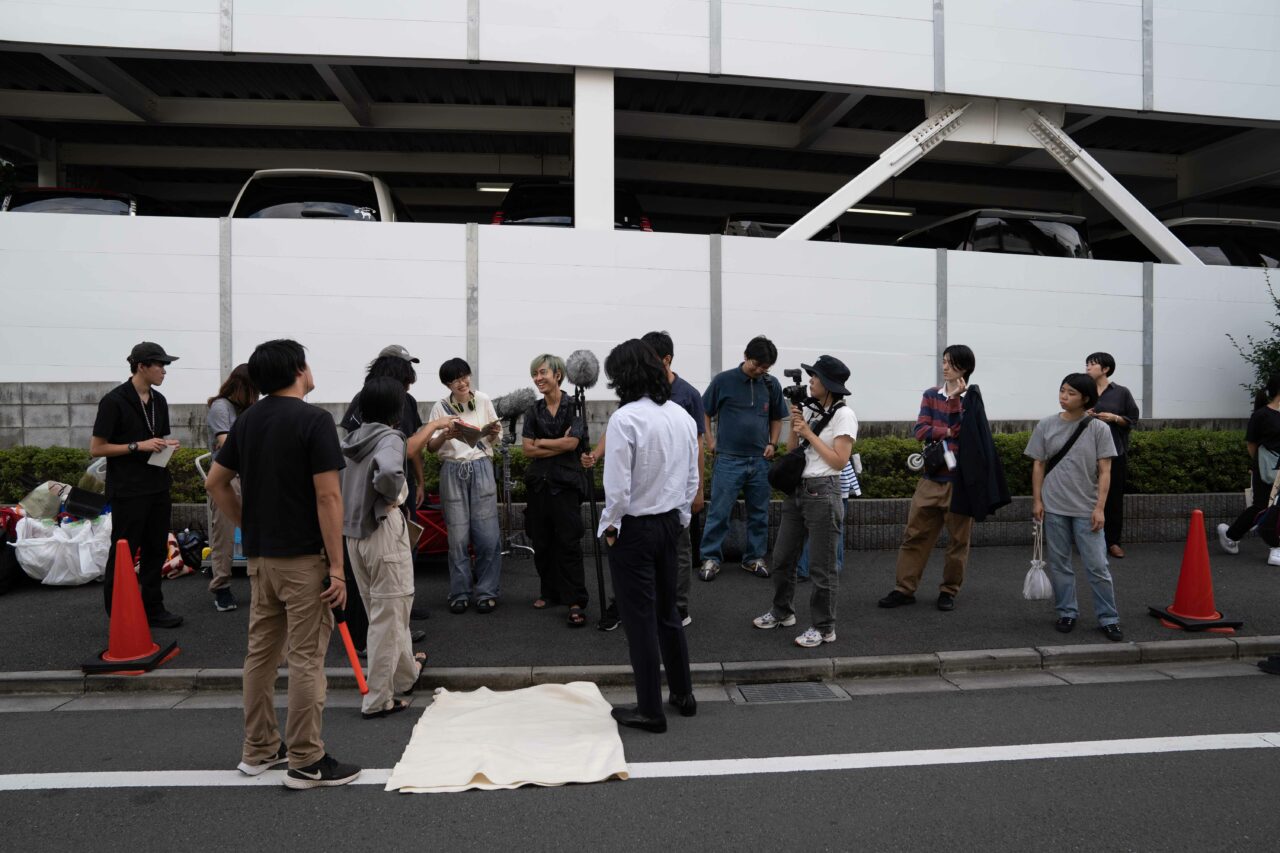
It seems that hope for the future is fading.
Yamanaka: Given the state of the world, it’s no surprise. The mood that Japan is heading towards decline is palpable, and it’s not just Japan—this sentiment is felt globally. In this environment, being suddenly thrust into society at around twenty and having to navigate a world saturated with immense amounts of information and material, you’re required to make daily choices on your own.
Looking back at my own experiences, life involves a constant stream of decisions, but I didn’t want to get bogged down by each one, so I ended up just ‘going through the motions.’ This approach eventually led me to lose sight of what I truly enjoyed. When the pandemic increased my idle time, I found myself at a loss about what to do.
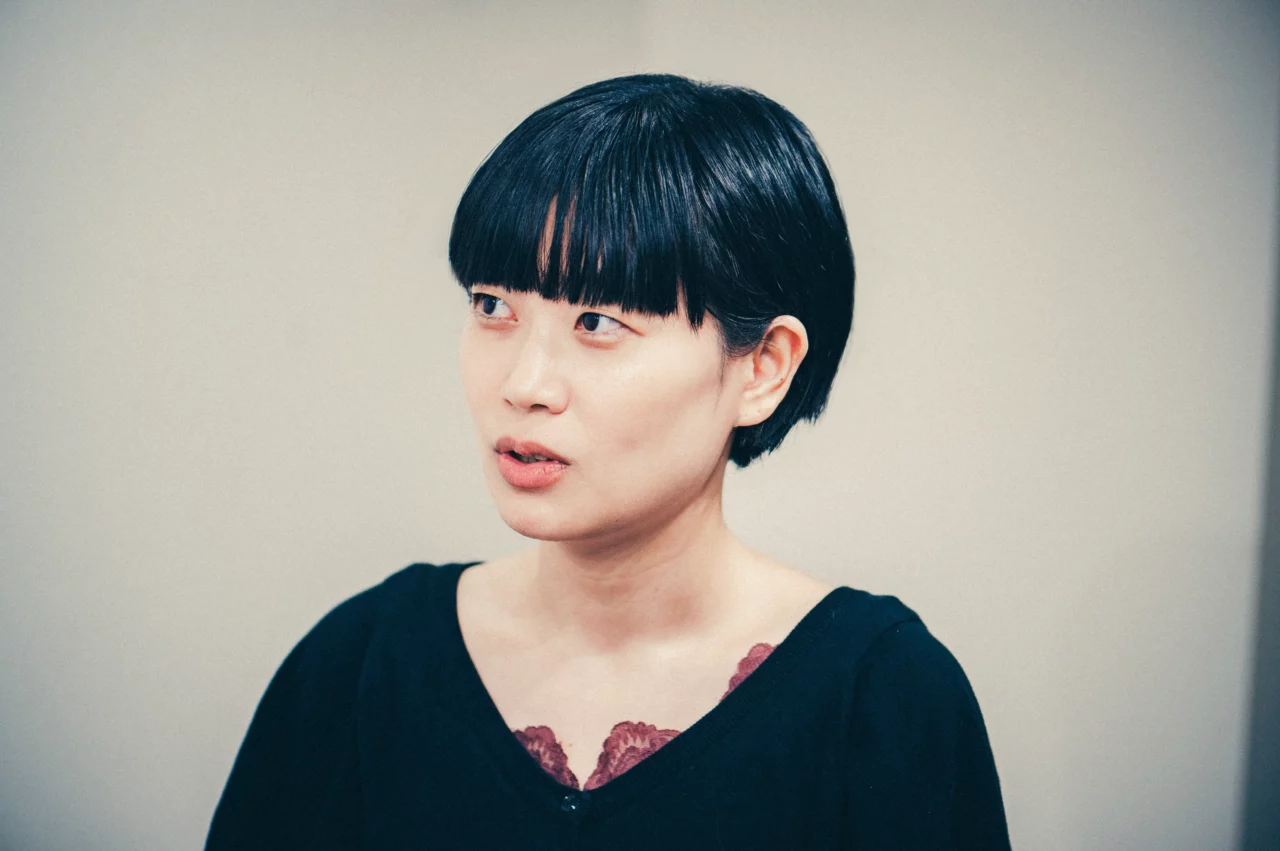
Yamanaka: I look back and realize that neglecting to confront my true feelings and not dealing with them properly has led to my current confusion. Facing one’s genuine emotions can be draining, which often leads to putting them off. While it’s possible to reflect and think, “I didn’t like that at the time,” in the moment, it’s easy to gloss over those feelings. I think there’s a discrepancy and tension between our authentic selves and the personas we present to the world. This is something I aimed to portray in this work.






